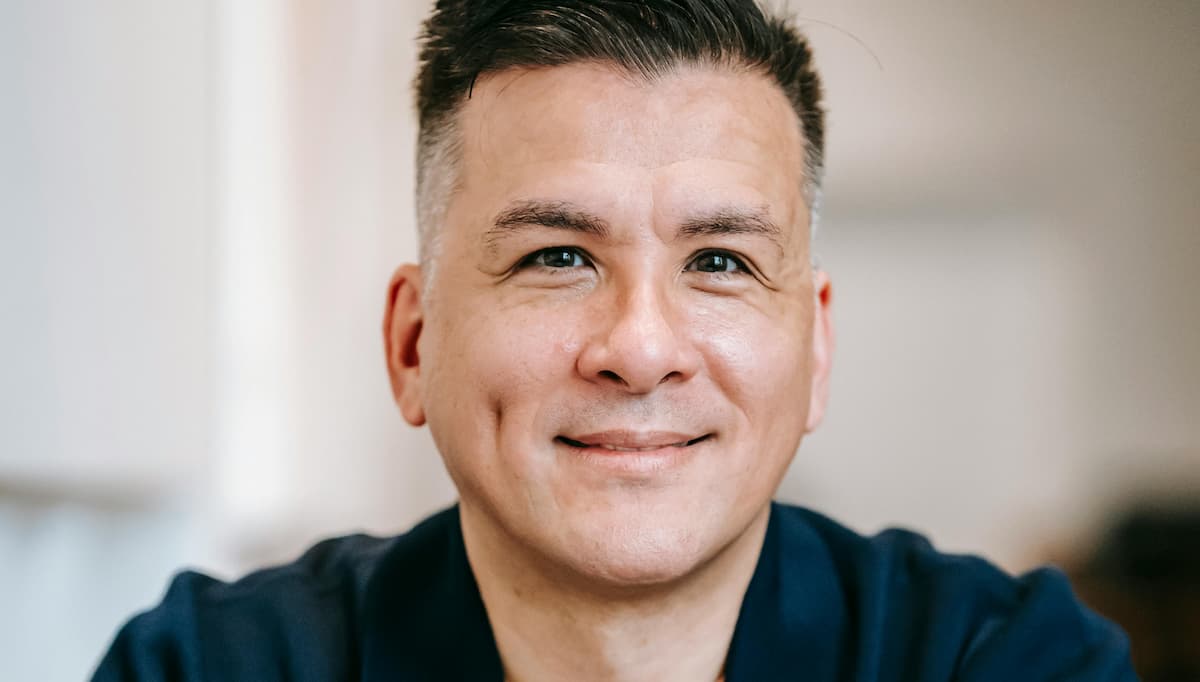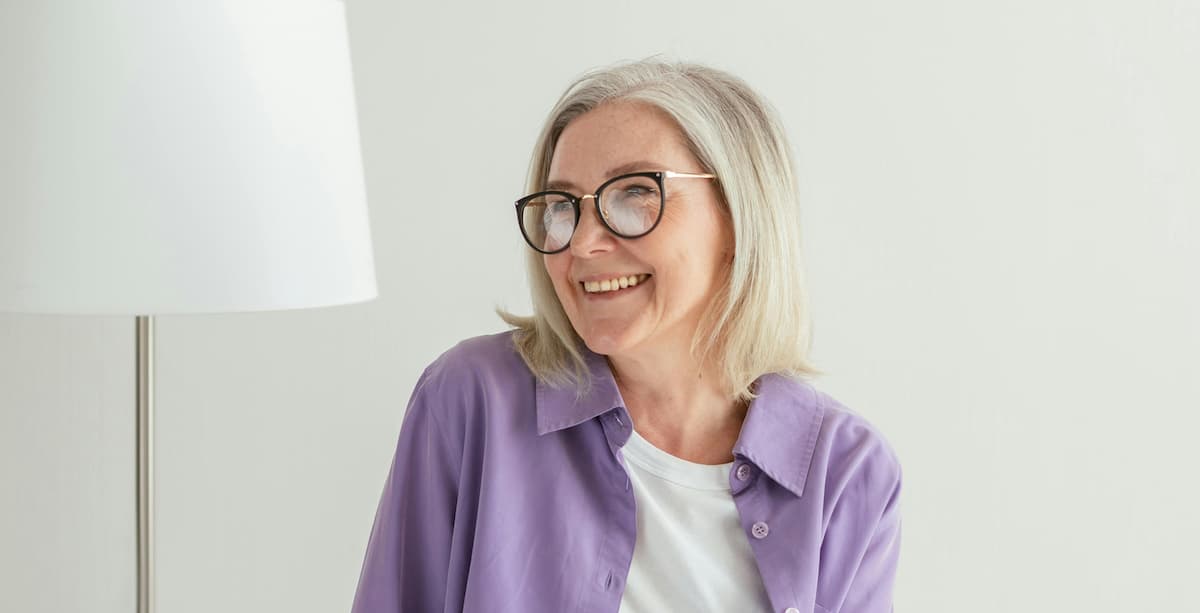An easy, everyday activity that makes people feel confident, comfortable, appreciative and reflective.
Taking selfies and sharing them with friends makes people happier.
Participants in the study took smiling selfies every day over a couple of ordinary weeks.
Selfies were not the only types of pictures that cheered people up.
The researchers found that sharing images that made the taker feel happy also worked.
So did sharing photos that the taker knew would make other people happy.
Yu Chen, the study’s first author, said:
“Our research showed that practicing exercises that can promote happiness via smartphone picture taking and sharing can lead to increased positive feelings for those who engage in it.
This is particularly useful information for returning college students to be aware of, since they face many sources of pressure.”
The research was carried out on college students, who often feel the strain going to college for the first time.
Ms Chen said:
“The good news is that despite their susceptibility to strain, most college students constantly carry around a mobile device, which can be used for stress relief.
Added to that are many applications and social media tools that make it easy to produce and send images.”
More confident, comfortable and reflective
The three types of photos people were told to take had subtly different effects:
- Taking selfies was linked to feeling more confident and comfortable.
- Taking photos of things that made them happy was linked to a more appreciative and reflective state of mind.
- Photos that would make others happy made the taker feel calmer and less stressed as well as strengthening social connections with friends.
All the different types, though, made people feel happier.
Professor Gloria Mark, a study co-author, said:
“You see a lot of reports in the media about the negative impacts of technology use, and we look very carefully at these issues here at UCI.
But there have been expanded efforts over the past decade to study what’s become known as ‘positive computing,’ and I think this study shows that sometimes our gadgets can offer benefits to users.”
The study was published in the journal Psychology of Well-Being (Chen et al., 2016).










